Polymers
Breaking Down the Plastic Problem: Plant-Based Polymers Offer Hope in Microplastic Battle
Tough and Fluorescent Self-Healing Materials Could Enhance Creation of Functional Polymers

Diaper Waste Solution: Scientists Convert Nappies into Recyclable Liquid in Minutes Using UV Light
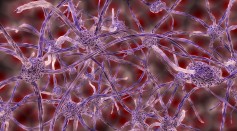
Novel Artificial Organic Neuron Effectively Mimics Natural Nerve Cells, Making It a Promising Technology for Medical Treatments
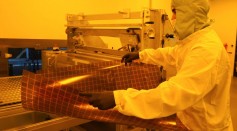
Eco-Friendly Nanocrystal Semiconductors Capable of Self-Healing Could Make Self-Repair Materials a Reality Soon
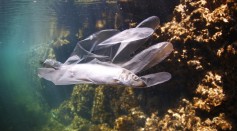
Sunlight Exposure for 100 Hours or Less Melts Plastics, Breaks Them Down Into Smaller Soup of New Chemicals

University of Michigan Researchers Chemically Recycle Disposable Diapers into Adhesives in Sticky Notes and Bandages
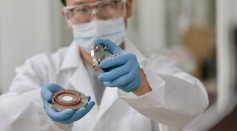
Polyimides: Organic Material Could Usher New Generation of HVAC Devices

Chemist Explains How Oil is Turned into Plastic
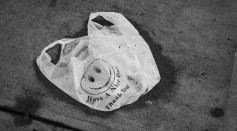
Machine Learning and AI Can Now Create Plastics That Easily Degrade

New Solar Panel Design Inspiration: How Do Sunflowers Get the Most Out of the Sun’s Bright Light?
The Scaravoid Project: Curry Powder is the Secret Ingredient to Faster Wound Healing
New Cheap and Efficient Polymer for Natural Gas Adsorption, Synthesized by Researchers
A Unique Way to Make Complex Structures in Thin Films
Most Popular

How Technology Is Changing the Real Estate Industry?

Study Reveals High Turnover in Scientific Research Careers: What This Means for Future Scientists

How a Plant-Based Diet Can Protect Against Breast Cancer: Insights from Nutrition Research

Why It's So Difficult to Lose Weight: The Biological Explanation Behind Obesity





